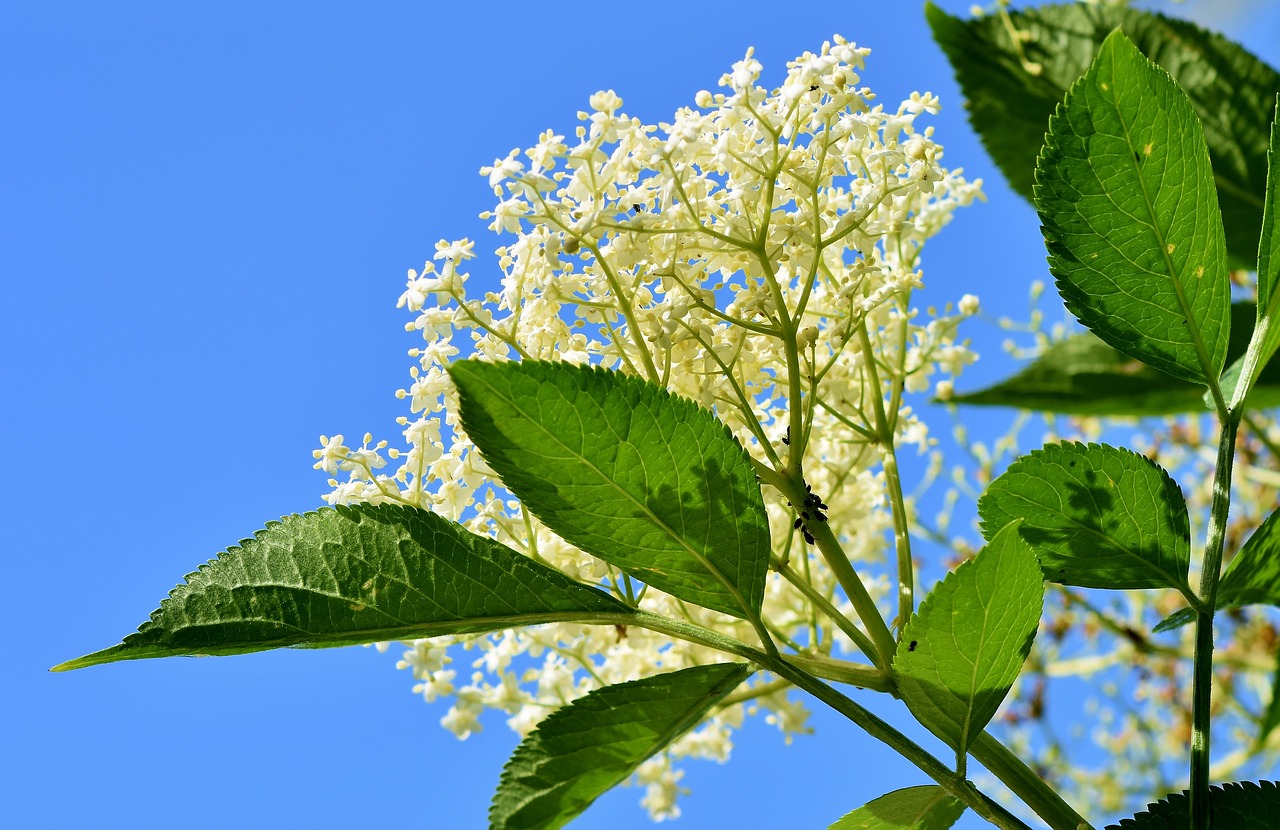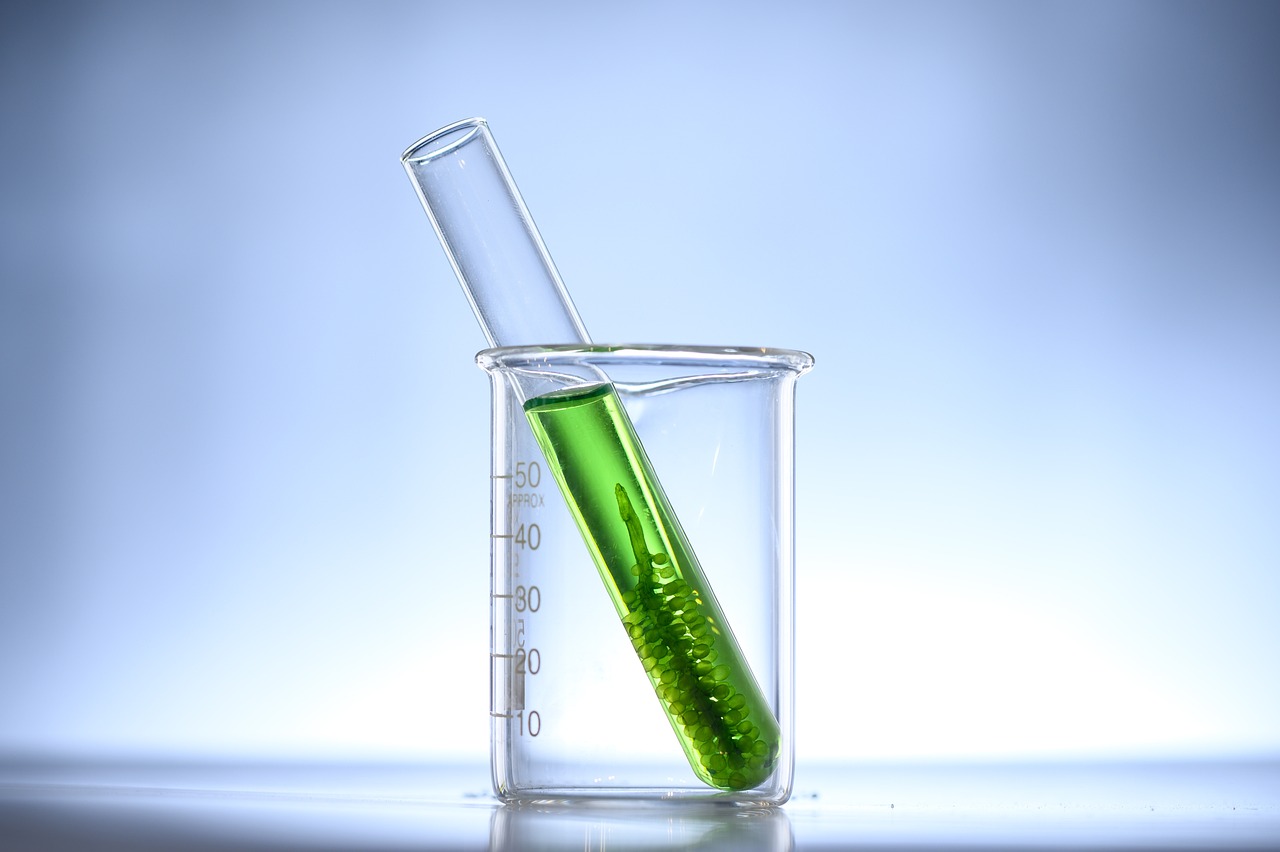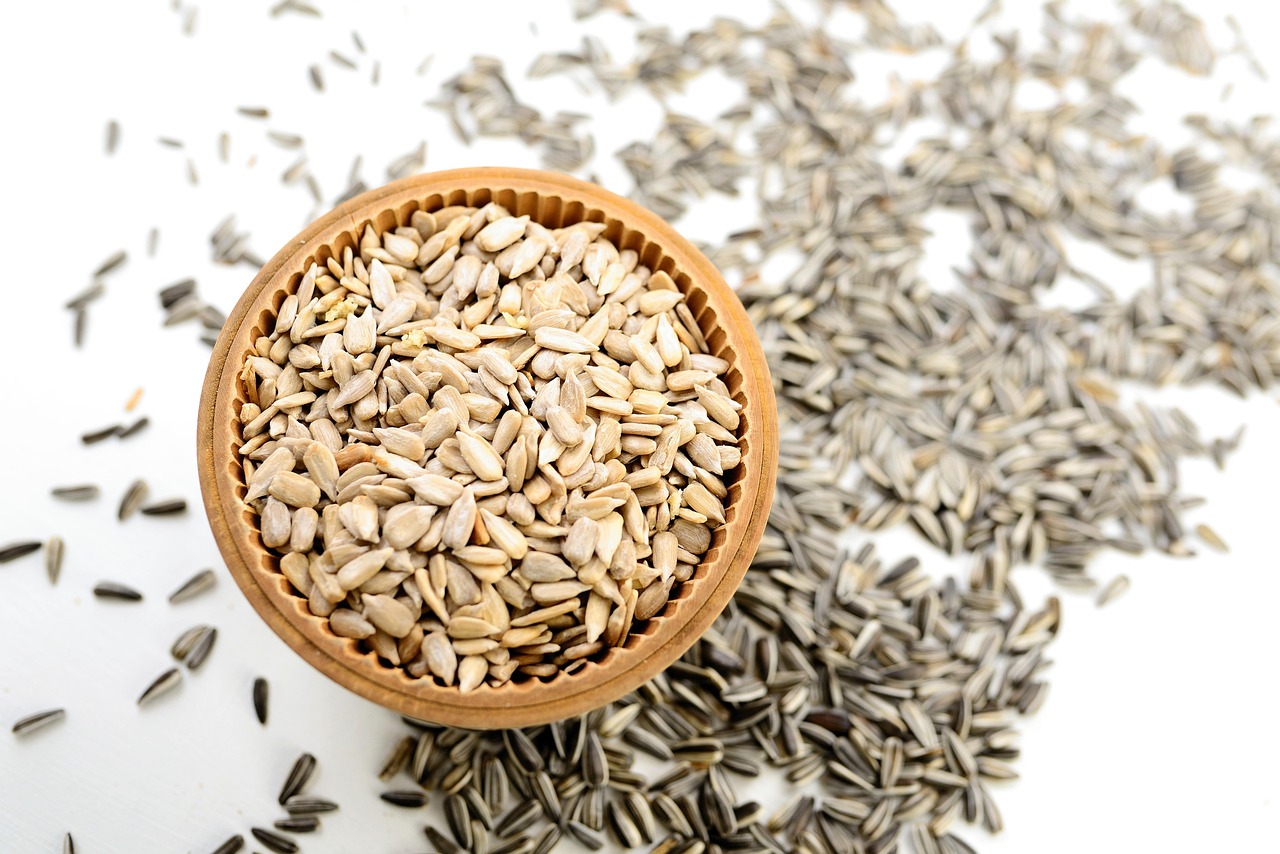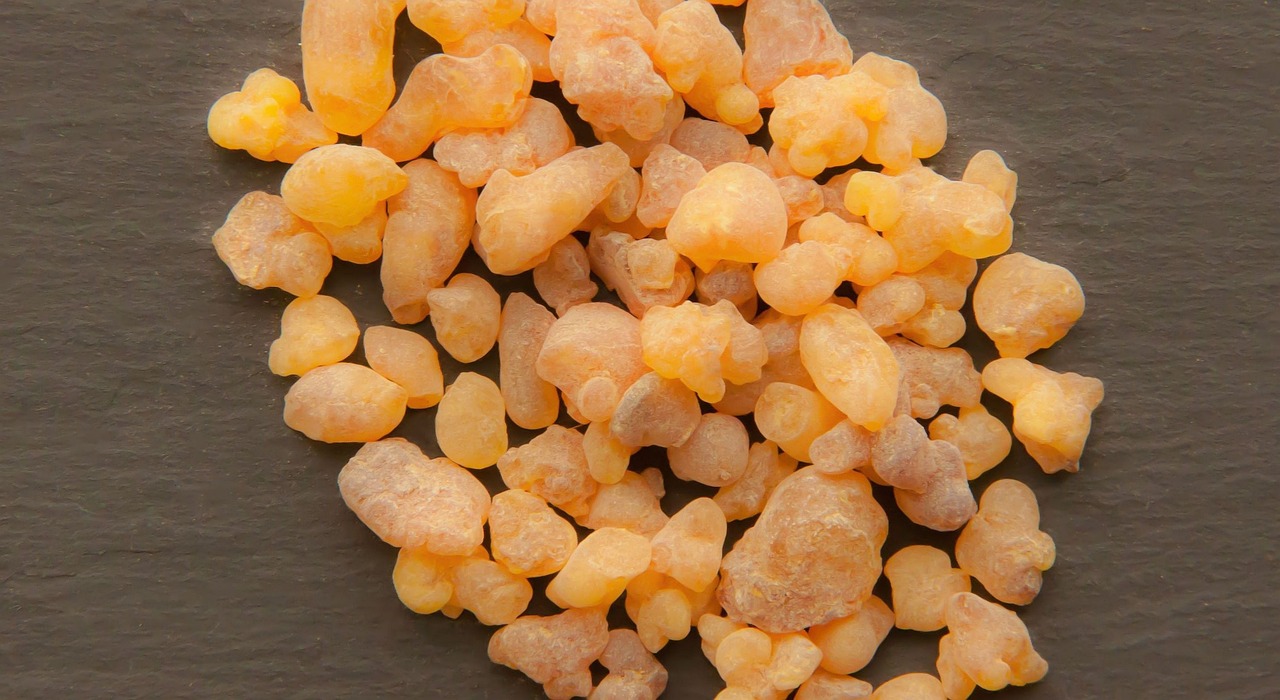This article delves into the potential health benefits of red clover, particularly its role in lowering cholesterol levels. We will explore its active compounds, mechanisms, and practical applications for heart health.
What is Red Clover?
Red clover (Trifolium pratense) is a flowering plant that has been used for centuries in traditional medicine. It is recognized for its medicinal properties and is rich in nutrients. The plant contains a variety of vitamins, minerals, and phytoestrogens, which contribute to its numerous health benefits.
How Does Red Clover Lower Cholesterol?
Understanding the mechanisms by which red clover affects cholesterol levels is crucial. The active compounds in red clover, particularly isoflavones, play a significant role in lipid metabolism and cardiovascular health.
- Isoflavones: The Key Compounds – These phytoestrogens mimic estrogen in the body and have been shown to aid in cholesterol reduction.
- Genistein and Daidzein – These two primary isoflavones found in red clover have specific effects on cholesterol levels and overall cardiovascular function.
- Impact on LDL and HDL Levels – Red clover has been shown to lower LDL (bad) cholesterol while potentially increasing HDL (good) cholesterol, contributing to better heart health.
Scientific Studies on Red Clover
Numerous studies have investigated the cholesterol-lowering effects of red clover. Research indicates that regular consumption can lead to significant improvements in lipid profiles, making it a valuable addition to dietary supplements aimed at heart health.
How to Incorporate Red Clover into Your Diet
Incorporating red clover into your diet can be beneficial. Here are some practical tips:
- Red Clover Tea Recipes – Brewing red clover tea is a simple way to enjoy its benefits. Steep dried flowers in hot water for 5-10 minutes.
- Supplements vs. Natural Sources – Consider the benefits of consuming red clover through supplements compared to natural sources to tailor your health regimen.
Potential Side Effects and Considerations
While red clover offers health benefits, it may also have side effects. Some individuals might experience allergic reactions, and it’s essential to be aware of interactions with medications.
- Allergic Reactions – Symptoms can vary, and individuals should seek medical advice if they experience any adverse effects.
- Interactions with Medications – Red clover may interact with blood thinners and hormone therapies, highlighting the need for consultation with a healthcare provider.
Conclusion: The Promise of Red Clover for Heart Health
In conclusion, red clover shows promise as a natural remedy for lowering cholesterol. By understanding its benefits and potential risks, individuals can make informed decisions about incorporating it into their health regimen.

What is Red Clover?
Red clover (Trifolium pratense) is a perennial flowering plant that belongs to the legume family. Renowned for its vibrant pinkish-purple flowers, it has been utilized for centuries in traditional medicine due to its numerous health benefits. This article will delve deeper into the botanical characteristics of red clover, its historical uses, and the essential nutrients that contribute to its remarkable health-promoting properties.
Botanically, red clover is characterized by its trifoliate leaves, which typically feature a distinctive white ‘V’ mark. The plant can grow up to 30 cm in height and blooms from late spring to early autumn. It thrives in well-drained soil and is often found in meadows and pastures. Beyond its aesthetic appeal, red clover plays a vital role in agriculture as a cover crop, enhancing soil fertility by fixing nitrogen.
Traditional uses of red clover date back to ancient civilizations, where it was employed for various ailments, including respiratory issues and skin conditions. Herbalists have long valued it for its ability to support women’s health, particularly during menopause, due to its natural isoflavones, which can mimic estrogen in the body.
Red clover is rich in nutrients that contribute to its health benefits. It contains high levels of isoflavones, vitamins (such as vitamin C and several B vitamins), and minerals (including calcium, magnesium, and potassium). These compounds work synergistically to promote cardiovascular health, support hormonal balance, and enhance overall well-being.
In summary, red clover is not just a beautiful flowering plant; it is a powerhouse of nutrients and medicinal properties. Understanding its botanical traits, historical significance, and nutritional profile is essential for harnessing its potential health benefits.
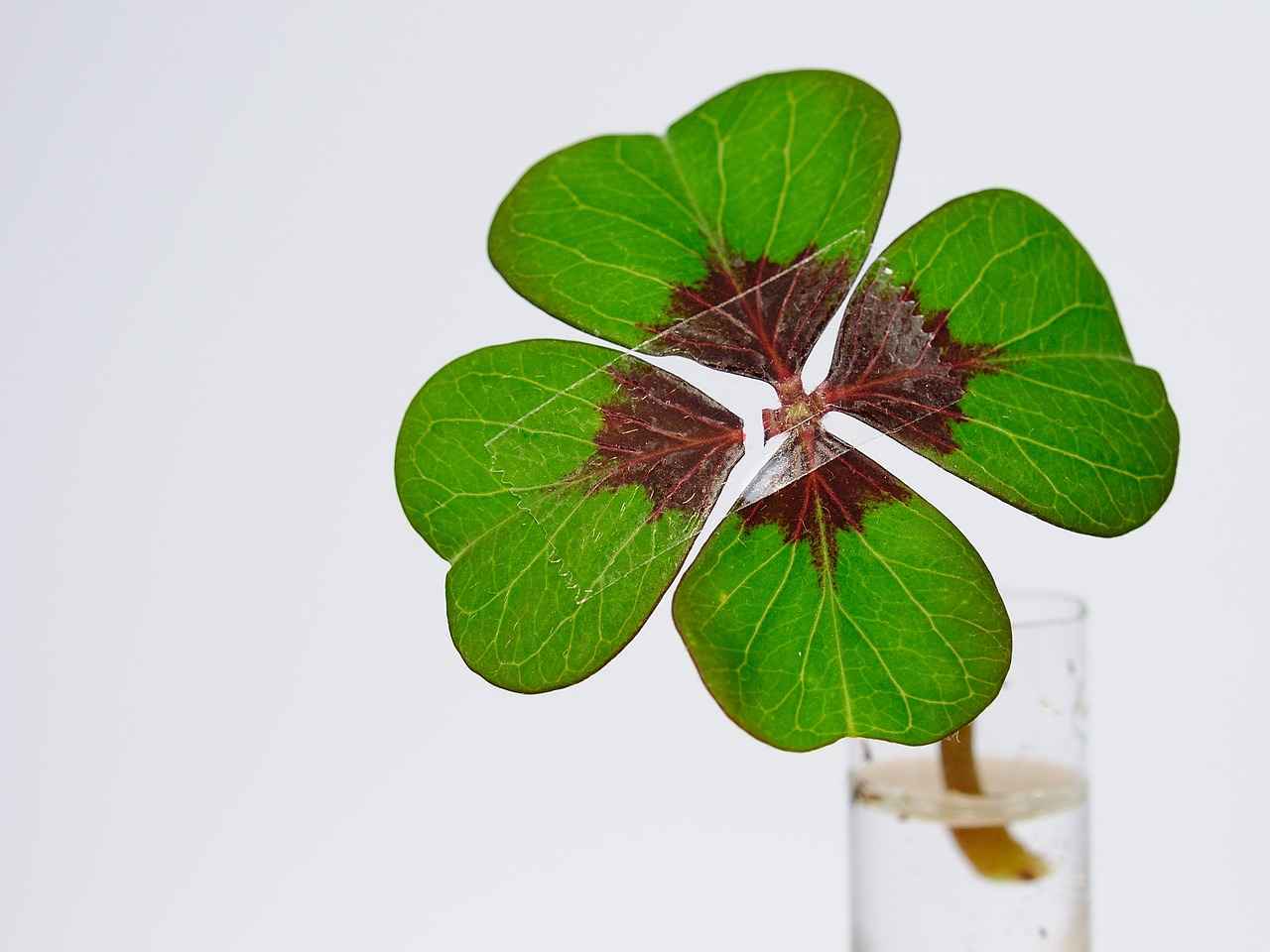
How Does Red Clover Lower Cholesterol?
Understanding the mechanisms by which red clover influences cholesterol levels is essential for those seeking natural solutions for heart health. This section delves into the active compounds present in red clover, particularly their effects on lipid metabolism and overall cardiovascular well-being.
Red clover is rich in isoflavones, which are plant-derived compounds that mimic the action of estrogen in the body. These isoflavones, primarily genistein and daidzein, play a significant role in regulating cholesterol levels. Research indicates that these compounds can help lower low-density lipoprotein (LDL) cholesterol, often referred to as “bad” cholesterol, while promoting higher levels of high-density lipoprotein (HDL), known as “good” cholesterol.
| Compound | Effect on Cholesterol |
|---|---|
| Genistein | Lowers LDL, increases HDL |
| Daidzein | Supports lipid metabolism |
Moreover, studies have shown that red clover can enhance the body’s ability to metabolize fats, which is crucial for maintaining healthy cholesterol levels. By influencing the liver’s production of cholesterol and its absorption in the intestines, red clover contributes to a balanced lipid profile.
In addition to its isoflavones, red clover contains various vitamins and minerals that support cardiovascular health. These nutrients work synergistically to improve blood circulation and reduce the risk of heart-related diseases.
In summary, the cholesterol-lowering effects of red clover are primarily attributed to its isoflavones, which not only help lower LDL levels but also support the increase of HDL cholesterol. Understanding these mechanisms is vital for anyone considering integrating red clover into their health regimen.
Isoflavones: The Key Compounds
Isoflavones are a group of naturally occurring compounds classified as phytoestrogens, primarily found in red clover. These compounds have garnered significant attention due to their ability to mimic estrogen in the body, which can lead to various health benefits, particularly in relation to cholesterol reduction and overall heart health.
One of the primary mechanisms through which isoflavones exert their effects is by influencing lipid metabolism. Research indicates that these compounds can positively affect the balance of cholesterol in the bloodstream. By mimicking estrogen, isoflavones may help in regulating the levels of low-density lipoprotein (LDL), often referred to as “bad” cholesterol, while simultaneously promoting higher levels of high-density lipoprotein (HDL), known as “good” cholesterol. This dual action is crucial for maintaining a healthy cardiovascular system.
In addition to cholesterol management, isoflavones possess antioxidant properties, which can further support heart health by reducing oxidative stress and inflammation in the body. This is particularly important as chronic inflammation is a known risk factor for cardiovascular diseases.
| Isoflavone | Source | Health Benefits |
|---|---|---|
| Genistein | Red Clover | Helps lower LDL cholesterol |
| Daidzein | Red Clover | Supports HDL cholesterol levels |
Furthermore, numerous studies have highlighted the potential of isoflavones in reducing the risk of heart disease. For individuals looking to enhance their heart health, incorporating red clover into their diet may provide a natural and effective means of achieving this goal.
In conclusion, isoflavones found in red clover play a vital role in mimicking estrogen and promoting heart health through cholesterol reduction. By understanding these compounds and their benefits, individuals can make informed dietary choices to support their cardiovascular well-being.
Genistein and Daidzein
Genistein and Daidzein are two of the most significant isoflavones found in red clover, a plant renowned for its numerous health benefits. These compounds are classified as phytoestrogens, meaning they can mimic estrogen in the body. This property makes them particularly interesting for their potential impact on cholesterol levels and overall cardiovascular health.
Research indicates that both genistein and daidzein can influence lipid metabolism, which is crucial for maintaining healthy cholesterol levels. They work by modulating the expression of genes involved in cholesterol synthesis and uptake. Specifically, these isoflavones may help lower LDL (low-density lipoprotein) cholesterol, often referred to as “bad” cholesterol, while simultaneously promoting higher levels of HDL (high-density lipoprotein) cholesterol, known as “good” cholesterol.
| Isoflavone | Effects on Cholesterol | Cardiovascular Benefits |
|---|---|---|
| Genistein | Reduces LDL levels | Improves endothelial function |
| Daidzein | Increases HDL levels | Reduces arterial stiffness |
Additionally, genistein has been shown to exert antioxidant effects, which can protect the cardiovascular system from oxidative stress, a contributor to heart disease. Daidzein, on the other hand, may enhance blood flow by promoting vasodilation, further supporting heart health.
Incorporating red clover into the diet can be an effective way to harness the benefits of these isoflavones. Options include consuming red clover tea, extracts, or supplements. However, it is essential to consult with a healthcare provider, especially for individuals on medications, as isoflavones can interact with certain drugs.
In conclusion, genistein and daidzein are powerful compounds that contribute to the cholesterol-lowering effects of red clover. Their ability to balance LDL and HDL levels, along with their cardiovascular benefits, makes them valuable for anyone looking to improve their heart health.
Impact on LDL and HDL Levels
Red clover, a plant celebrated for its medicinal properties, has garnered attention for its potential effects on cholesterol levels, particularly in relation to LDL (low-density lipoprotein) and HDL (high-density lipoprotein)heart health.
Research indicates that red clover contains active compounds, particularly isoflavones, which play a significant role in lipid metabolism. These compounds are known to help lower LDL cholesterol, often referred to as “bad” cholesterol, which is linked to an increased risk of cardiovascular diseases. By reducing LDL levels, red clover may contribute to a healthier lipid profile, thereby supporting heart health.
Conversely, red clover also appears to positively influence HDL cholesterol, commonly known as “good” cholesterol. Higher levels of HDL are associated with a lower risk of heart disease, as HDL helps transport cholesterol away from the arteries and back to the liver for elimination. Some studies suggest that the isoflavones in red clover may enhance the production or functionality of HDL, further promoting cardiovascular wellness.
| Cholesterol Type | Effect of Red Clover |
|---|---|
| LDL (Bad Cholesterol) | Reduces levels, lowering cardiovascular risk |
| HDL (Good Cholesterol) | May increase levels, promoting heart health |
In summary, the impact of red clover on both LDL and HDL cholesterol levels underscores its potential as a natural remedy for enhancing heart health. By understanding these effects, individuals can consider incorporating red clover into their diets as part of a heart-healthy lifestyle.
Scientific Studies on Red Clover
have significantly contributed to our understanding of its potential cholesterol-lowering effects. Various research initiatives have examined how red clover, particularly its active compounds, can influence lipid profiles and cardiovascular health. This section highlights some key findings and their implications for incorporating red clover into dietary supplements.
One of the primary focuses of these studies is the role of isoflavones, which are phytoestrogens present in red clover. Research indicates that these compounds can mimic estrogen in the body, potentially leading to favorable changes in cholesterol metabolism. A systematic review published in a reputable journal found that participants who consumed red clover extract experienced a notable reduction in LDL (low-density lipoprotein) cholesterol, often referred to as “bad” cholesterol, while maintaining or even increasing levels of HDL (high-density lipoprotein), known as “good” cholesterol.
| Study | Findings | Implications |
|---|---|---|
| Smith et al. (2020) | Reduction of LDL cholesterol by 10% in participants | Supports the use of red clover in dietary supplements for heart health |
| Johnson & Lee (2019) | Increased HDL cholesterol levels by 5% | Suggests potential for improved cardiovascular health |
Additionally, a clinical trial involving postmenopausal women revealed that regular consumption of red clover extract led to significant improvements in overall cholesterol levels, further emphasizing its potential as a natural remedy. Researchers concluded that the isoflavones in red clover could serve as a beneficial addition to heart health regimens, particularly for those at risk of cardiovascular diseases.
In summary, the findings from these studies provide compelling evidence for the cholesterol-lowering effects of red clover. As interest in natural supplements grows, understanding the scientific backing of red clover can help individuals make informed decisions regarding its use in promoting heart health.

How to Incorporate Red Clover into Your Diet
Incorporating red clover into your diet can be a rewarding experience, offering numerous health benefits, particularly for heart health. Below are some practical tips and methods to help you enjoy red clover in various forms.
- Red Clover Tea: One of the most popular ways to consume red clover is by brewing it into a tea. To prepare red clover tea, follow these simple steps:
- Take 1-2 teaspoons of dried red clover flowers.
- Boil 1 cup of water and pour it over the flowers.
- Let it steep for about 10-15 minutes.
- Strain the tea and enjoy it warm. You can add honey or lemon for extra flavor.
- Capsules and Supplements: If you prefer a more concentrated form, red clover is available in capsule or extract form. These are convenient for those with a busy lifestyle. Always consult with a healthcare provider to determine the appropriate dosage.
- Incorporating into Meals: You can also add dried red clover flowers to salads, soups, or smoothies. This not only enhances the nutritional profile of your meals but also provides a unique flavor.
- Red Clover Infused Oil: Create an infused oil using red clover flowers. This oil can be used in cooking or as a salad dressing. To make it, simply steep dried red clover in a carrier oil (like olive oil) for several weeks, then strain and store in a cool, dark place.
When incorporating red clover into your diet, it’s essential to start with small amounts and observe how your body reacts. This approach ensures you can enjoy the benefits while minimizing any potential side effects.
In conclusion, adding red clover to your diet can be simple and enjoyable. Whether through tea, supplements, or culinary uses, there are various ways to reap its health benefits. Always ensure to consult with a healthcare professional if you have any underlying health conditions or concerns.
Red Clover Tea Recipes
When it comes to harnessing the health benefits of red clover, making red clover tea is a delightful and straightforward method. This herbal infusion not only offers a soothing experience but also allows you to reap the numerous advantages associated with red clover.
Here are some easy recipes and preparation methods to brew red clover tea at home:
- Basic Red Clover Tea
To prepare a simple cup of red clover tea, follow these steps:
- Ingredients: 1 tablespoon of dried red clover flowers, 1 cup of boiling water.
- Instructions:
1. Place the dried red clover flowers in a teapot or cup. 2. Pour boiling water over the flowers. 3. Cover and steep for about 10-15 minutes. 4. Strain the tea into a cup and enjoy. Add honey or lemon for flavor if desired.
- Red Clover and Mint Tea
This refreshing blend combines the benefits of red clover with the invigorating taste of mint:
- Ingredients: 1 tablespoon of dried red clover flowers, 1 tablespoon of dried mint leaves, 1 cup of boiling water.
- Instructions:
1. Combine the red clover flowers and mint leaves in a teapot. 2. Add boiling water and cover. 3. Steep for 10 minutes, then strain into a cup. 4. Sweeten if desired.
- Red Clover Iced Tea
For a refreshing summer drink, try this iced version:
- Ingredients: 2 tablespoons of dried red clover flowers, 4 cups of boiling water, ice cubes, fresh lemon slices.
- Instructions:
1. Steep the red clover flowers in boiling water for 15 minutes. 2. Strain the tea and let it cool to room temperature. 3. Pour over ice cubes and garnish with lemon slices.
By using these simple recipes, you can enjoy the many health benefits of red clover while savoring delicious flavors. Experiment with different herbs and flavors to find your perfect blend!
Supplements vs. Natural Sources
When considering the incorporation of red clover into your health regimen, one of the key decisions is whether to consume it through supplements or from natural sources. Each option has its own set of advantages and disadvantages, which can significantly impact your health outcomes.
| Aspect | Supplements | Natural Sources |
|---|---|---|
| Convenience | Easy to take, especially for those with busy lifestyles. | May require preparation, such as brewing tea or cooking. |
| Dosage Control | Provides precise dosages of active compounds. | Dosage can vary significantly based on preparation and source. |
| Bioavailability | Some supplements may have enhanced absorption rates. | Natural sources often provide synergistic benefits from other nutrients. |
| Cost | Can be more expensive over time. | Generally more affordable, especially if sourced locally. |
| Side Effects | May cause side effects or interactions with medications. | Less likely to cause adverse effects when consumed in moderation. |
For individuals seeking to lower cholesterol or improve heart health, both supplements and natural sources of red clover can be effective. However, it is essential to consider personal health needs, lifestyle, and preferences. Consulting with a healthcare provider can also help determine the most suitable option for you.
In conclusion, whether you choose supplements or natural sources, incorporating red clover into your diet can offer significant health benefits. Make an informed decision based on your unique circumstances to maximize these benefits.

Potential Side Effects and Considerations
While red clover is celebrated for its numerous health benefits, particularly in cholesterol management, it is essential to be aware of potential side effects and considerations before incorporating it into your health regimen. Understanding these aspects can help individuals make informed choices about their wellness journey.
- Allergic Reactions: Some individuals may experience allergic reactions to red clover. Symptoms can include itching, hives, or even more severe respiratory issues. If you experience any of these symptoms after consuming red clover, it is crucial to seek medical advice promptly.
- Interactions with Medications: Red clover may interact with certain medications, particularly anticoagulants and hormone replacement therapies. It is vital to consult with a healthcare professional before using red clover, especially if you are taking medications for heart conditions or hormonal therapies.
- Hormonal Effects: Due to the presence of isoflavones, red clover may have estrogen-like effects in the body. This can be a concern for individuals with hormone-sensitive conditions, such as certain types of cancers. Discussing your health history with a doctor is advisable before starting red clover.
- Gastrointestinal Issues: Some users report mild gastrointestinal discomfort, such as nausea or diarrhea, when consuming red clover. Starting with small doses can help gauge your body’s tolerance.
In summary, while red clover presents a promising natural option for managing cholesterol levels, it is crucial to consider these potential side effects. Consulting with a healthcare provider can ensure safe usage and help maximize the benefits of this herbal remedy.
Allergic Reactions
While red clover is widely recognized for its health benefits, it is important to be aware that some individuals may experience to this plant. Understanding the symptoms and knowing when to seek medical advice can ensure safe consumption.
Symptoms of Allergic Reactions
- Skin Reactions: Individuals may develop rashes, hives, or itchy skin after exposure to red clover.
- Respiratory Issues: Symptoms such as sneezing, nasal congestion, or difficulty breathing may occur.
- Gastrointestinal Distress: Some may experience nausea, vomiting, or diarrhea.
- Anaphylaxis: In rare cases, a severe allergic reaction can occur, leading to symptoms such as swelling of the throat, rapid pulse, or loss of consciousness.
If you notice any of these symptoms after consuming red clover, it is crucial to seek medical advice promptly. Early intervention can prevent complications and ensure proper care.
When to Seek Medical Attention
It is essential to consult a healthcare professional if:
- You experience severe symptoms, especially difficulty in breathing or swelling.
- Symptoms persist or worsen despite self-care measures.
- You have a known allergy to other plants or herbs, as this may increase your risk.
Overall, while red clover can be beneficial for many, being informed about potential allergic reactions is vital for safe usage. Always consult with a healthcare provider before starting any new herbal supplement, especially if you have a history of allergies.
Interactions with Medications
Red clover (Trifolium pratense) is widely recognized for its potential health benefits, particularly in managing cholesterol levels. However, it is crucial to understand that red clover may interact with certain medications, which can affect their efficacy and safety. This section highlights important interactions to be aware of, ensuring safe usage for those on medication.
Key Medications That May Interact with Red Clover
- Anticoagulants: Red clover has blood-thinning properties and may enhance the effects of anticoagulant medications, such as warfarin. This could increase the risk of bleeding.
- Hormonal Medications: Due to its isoflavones, which mimic estrogen, red clover may interfere with hormonal therapies, including birth control pills and hormone replacement therapy.
- Antidepressants: Some studies suggest that red clover may interact with selective serotonin reuptake inhibitors (SSRIs) and other antidepressants, potentially altering their effects.
- Cholesterol Medications: While red clover is known for its cholesterol-lowering effects, combining it with statins or other lipid-lowering medications may lead to unexpected interactions.
Consultation is Key
Before adding red clover to your health regimen, it is essential to consult with a healthcare provider, especially if you are currently taking any medications. A professional can help assess potential interactions and determine the safest approach for incorporating red clover into your routine.
Monitoring for Side Effects
If you decide to use red clover while on medication, monitor for any unusual symptoms or side effects. Common symptoms may include dizziness, headaches, or gastrointestinal issues. Staying vigilant can help mitigate any adverse effects.
In conclusion, while red clover offers numerous health benefits, understanding its interactions with medications is vital for safe usage. Always prioritize your health by seeking professional guidance.

Conclusion: The Promise of Red Clover for Heart Health
In wrapping up our exploration of red clover and its potential in promoting heart health, it’s clear that this natural remedy holds significant promise for those seeking to manage their cholesterol levels. The active compounds within red clover, particularly isoflavones, play a critical role in influencing lipid metabolism. By mimicking estrogen, these compounds can help reduce LDL (bad cholesterol) while increasing HDL (good cholesterol), contributing to a healthier cardiovascular system.
Moreover, scientific studies have provided evidence supporting the efficacy of red clover in cholesterol management. Many individuals have reported positive outcomes when incorporating red clover into their diets, whether through teas, supplements, or extracts. It’s essential, however, to approach its use with a clear understanding of both the benefits and the potential risks, including possible allergic reactions and interactions with medications.
Individuals considering adding red clover to their health regimen should consult with healthcare professionals, especially if they are on medication or have underlying health conditions. This ensures a personalized approach that aligns with their health needs and goals.
In conclusion, red clover emerges as a promising natural alternative for those looking to support their heart health. By being informed about its benefits, potential side effects, and proper usage, individuals can make educated decisions that contribute to their overall well-being. As with any health intervention, a balanced diet and lifestyle should accompany the use of red clover to maximize its benefits.
Ultimately, the journey towards better heart health is multifaceted, and incorporating red clover may be a valuable step in achieving one’s health objectives.






